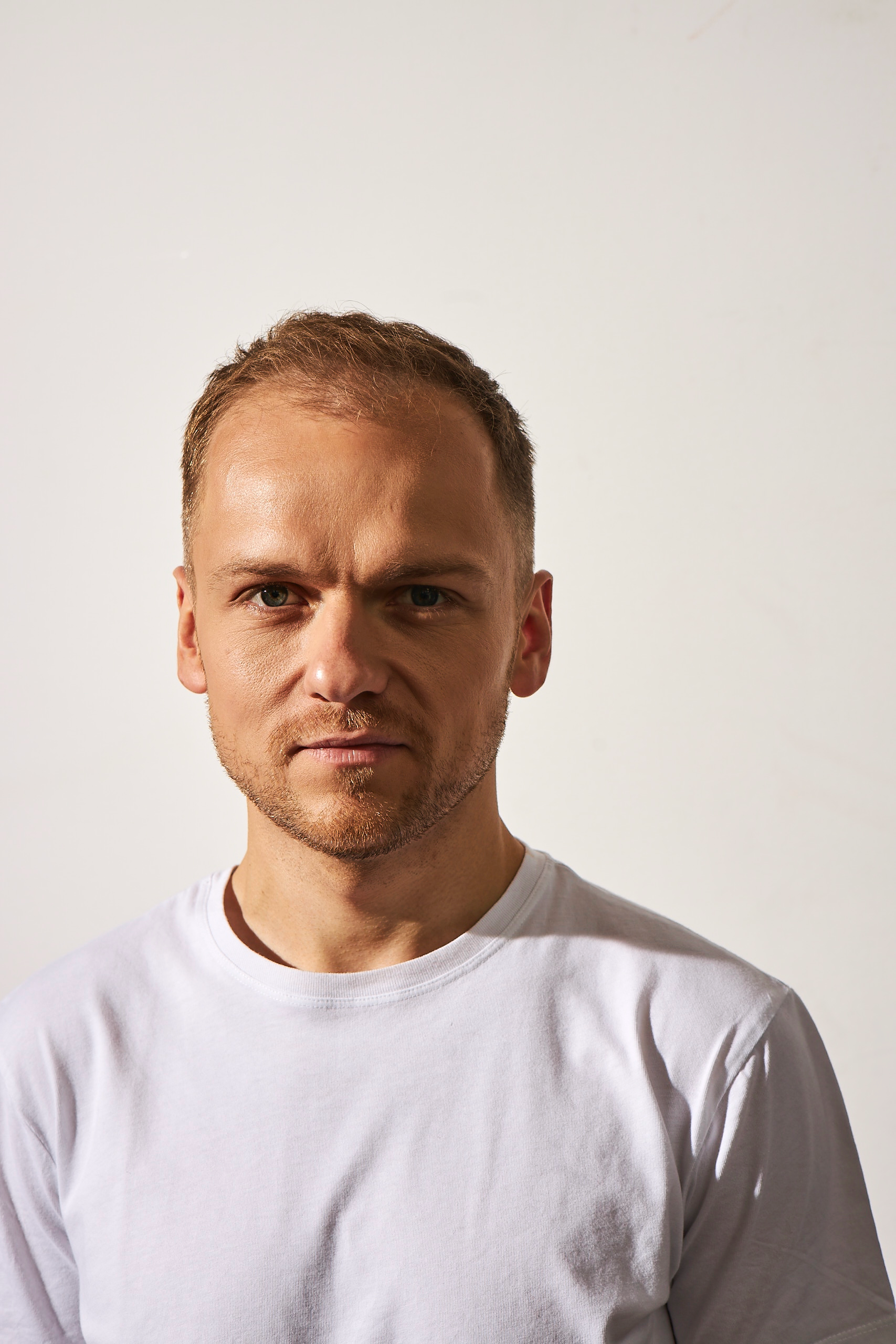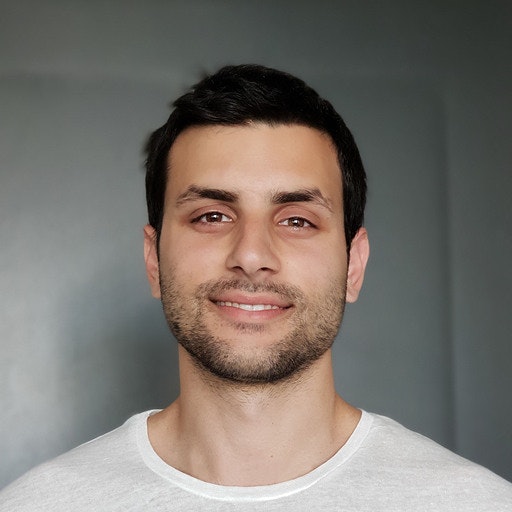One of the biggest problems holding back some of Europe’s younger startup hubs is the issue of brain drain. While countries in regions like central eastern Europe and southern Europe might be full of bright talent, many young people leave their homeland at the first opportunity in search of better opportunities.
But, now, founders who’ve gained experience working and studying in cities like London and San Francisco are beginning to return home and launch businesses.
As prices in the most expensive cities soar, entrepreneurs are finding that they can build businesses in their own countries at a fraction of the cost, while enjoying a better quality of life and an easier culture to navigate and work in.
Sifted spoke to some of these returnee founders to find out how they’re faring building businesses back home, and what they’re missing about the big city lights of the world’s biggest tech hubs.
Why they leave
One big reason that people leave their homeland for more mature economic markets is the prospect of better education, wanting to study at top universities like Oxford, Cambridge or Ivy League Schools.
“The ability to get a really high quality education in Latvia is a bit limited,” says Martins Vaivars who left his hometown of Riga to study in the UK.
“When you go get into Oxford you don’t say ‘no’, you just go.”
Now he’s returned home to launch competitor insight startup RivalSense, which he runs with his cofounder Arturs Prieditis, who also left Latvia to study computer science at Cambridge.
Overseas students often land their first internships and jobs in their new countries. Preditis got an internship at Qualcomm and then a full-time role at a software scaleup Autonomy, which was acquired by HP; Vaivars worked consulting jobs in the city.
But despite the plum education and career opportunities, life in a country like the UK or the US isn’t always easy for outsiders.
Lifestyle
One reason for that is that it can be difficult for foreign founders to tap into local networks — Vaivars says that he never felt like a part of the UK tech sector while living in the country.
“I had no connection with the British startup scene. I know it’s very powerful, but I wasn’t really connected with it, I didn’t know it,” he tells Sifted.
“I learned a lot in London, but I wouldn’t say it gave me the freedom and the ability to explore really interesting things. And just seeing that people were building this really cool stuff here in Latvia, I really wanted to be involved in something more interesting.”
He eventually got a job offer at a Latvian design startup Infogram — and decided to move back.
Rania Lamprou, a Greek national who did a master’s in international management in Italy and the Netherlands, and worked for a couple of years in startups in San Francisco, decided to base her fintech startup Simpler in Athens and London — partly due to the familiarity of home.
“The quality of life is great,” says Lamprou about living in Athens. “And of course, I have my family here. I have my dog here — there’s a personal benefit as well.”
Another big draw for returning home is the lifestyle and cost of living that comes with living in a big metropolis like London or San Francisco.
“In London I was living in some basement in one really small room paying shitloads for the rent. Here I can actually have a nice lifestyle,” says Vaivars.

Company building
The sky-high prices of places like London and San Francisco also have a big impact when you’re trying to get a business off the ground.
Piotr Grudzień, Polish cofounder of digital assistant platform Quickchat AI, launched his startup in the UK and, after a couple of months, got accepted to Y Combinator in San Francisco. But after the completion of the programme, the business wasn’t going as well as he hoped and he needed some more time to put it back on track in a place that wouldn’t break the bank, so he chose Warsaw.
“Y Combinator and Silicon Valley won’t magically get you to product-market fit. Living in San Francisco is three to four times more expensive than living in Warsaw, which makes the runway three to four times shorter,” he says. “The users don’t care if this startup is in the Silicon Valley or not but they care if it solves their problem or not.”
Cheap prices for a founder also translate into cheaper hires.
“We have an unfair advantage in Greece, that we have very strong, much cheaper and extremely loyal employees here, especially in tech and product,” says Conno Christou, originally from Cyprus, who studies at Imperial College London and then moved to San Francisco to start his own business. Now he’s building Keragon, a healthtech automation startup, which has teams in both Athens and San Francisco.
Vaivars adds that staff in eastern European countries, such as Latvia, aren’t just cheap — they are often underrated.
“I truly think that Latvians are much more hardworking than British,” he says. “Maybe they’re not more hardworking than Americans because there’s a really hardcore culture there, but compared to what I’ve seen in the UK and what I’ve seen in Scandinavia, I actually think Latvians are more extreme.”
And then there’s the added bonus that you’re more likely to win the best talent on the market, if you’ve got local connections.
“Since I come from here, it’s much easier to start a network, it’s much easier to navigate: you speak the language, you know the culture, you know the people, so it’s a head start,” says Christou.
“In Latvia, I can get things done fairly easily: hire people, sell to people, smooth talk people,” Vaivars adds. “In Britain, I don’t think I have that skill set, just because I wasn’t aware of all the cultural angles, and didn’t watch the same movies when I was 12 years old. So actually, in some weird sense, I feel I can be much more effective here.”

Missing the past lives
This isn’t to say that things are perfect when founders return home.
Grudzień says that he wishes there was a bigger community of founders in Warsaw. “In San Francisco, the dynamics are completely different. I go to a shop and there are other founders before me and after me in the queue talking about their products.”
Vaivars also misses the cultural richness of a city like the UK capital: “I miss this feeling of cultural metropolis in London, just the sort of all the amazing music and movies.”
Lamprou says she doesn’t want to miss out on the “business opportunities, industry events and meetups with founders” that London has to offer, which is why she splits her time between there and Athens.
“It’s like you belong everywhere and everywhere is home,” she says.
Read the orginal article: https://sifted.eu/articles/startup-founders-return-tech/


